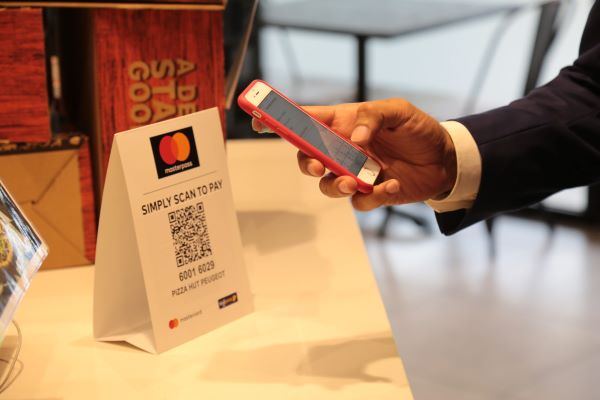- Millions of unbanked and financially excluded residents in the DRC will have access to formal financial and digital services
- Mastercard technology to enable the development of various digital payment solutions
- The partnership is aligned with the DRC’s National Digital Plan (PNN)
Mastercard has partnered with Billetera, Kenya, to provide millions of residents of the Democratic Republic of Congo (DRC) with access to formal financial and digital payment services.
The partnership aims to support the vision of the DRC government, which, under the leadership of President Félix Tshisekedi, has an ambitious digitization program aligned with the country’s National Digital Plan (PNN). With just 22.5 million of the DRC’s total population, 90 million, included in the national financial system, access to banking services and mobile money has become an important agenda for the government.
Mastercard’s partnership with Billetera aims to create payment solutions that will promote acceptance of government services such as water and electricity bills, taxes such as wet market permits, rents and building permits. , electronic visas, customs payments at ports. The acceptance solutions have been designed to be delivered via online portals and PostBank channels.
“At Mastercard, we are committed to bringing 1 billion people into the digital economy by 2025, and partnerships like this represent a major step towards achieving that goal. This agreement with Billetera will significantly enhance the Democratic Republic of the Congo’s prospects for growing financial inclusion in the country and confirm Mastercard’s continued investments in innovative technologies, platforms and infrastructure that advance inclusive growth and sustainable economies. around the world, ”said Arn Vogels, Area Business Head of French-speaking Sub-Saharan Africa at Mastercard.
Billetera has a long history of working with the public and private sector to bring the latest digital payment solutions to the East and Central Africa region. A major success is their partnership with the SCPT (Société Congolaise des Postes et Télécommunications)
“The management of civic relations in the value chain of services remains an essential factor in improving the Doing Business index of the Democratic Republic of the Congo (World Bank ranking currently at 183/190). The launch of our partnership is in line with the current vision and the political goodwill of the government to increase its financial inclusion efforts. As a local FinTech company, we will complement our software development capabilities with the latest technologies from Mastercard towards the digitalization of the DRC government payment efforts, which will certainly lead to market disruption, ”said Jevis Omondi Okoth ~ Managing Director and CEO of Billetera.
“I am passionate about the SCPT and its role as a catalyst for change in the socio-economic development program of the Democratic Republic of the Congo. With 385 branches across the country, the Postal Bank will play a key role in promoting distributed access to government services through the use of new technologies in the digitization of processes and payments. As Mastercard’s partnership powers our operations with new technologies, we certainly have equivalent work to do primarily on business process reengineering, policy review and advocacy as well as stakeholder inclusion ”, added Mr. Claude Matala Mu-Pashy, chairman of the board of directors of the SCPT.
The COVID-19 pandemic and social distancing recommendations have increased the use of mobile services, especially to facilitate payment processing.
The partnership will support the development of an e-citizen system through the launch of a digital wallet that will serve as an identifier and primary payment platform for payments to and from government. The partnership also aims to design a digital ecosystem that will provide the framework for digital payments across all government departments.
According to Digital 2020: The Democratic Republic Of The Congo, 40% of the population in DRC had mobile connections as of January 2020. This shows that the use and penetration of mobile in the region has great potential for growth.



